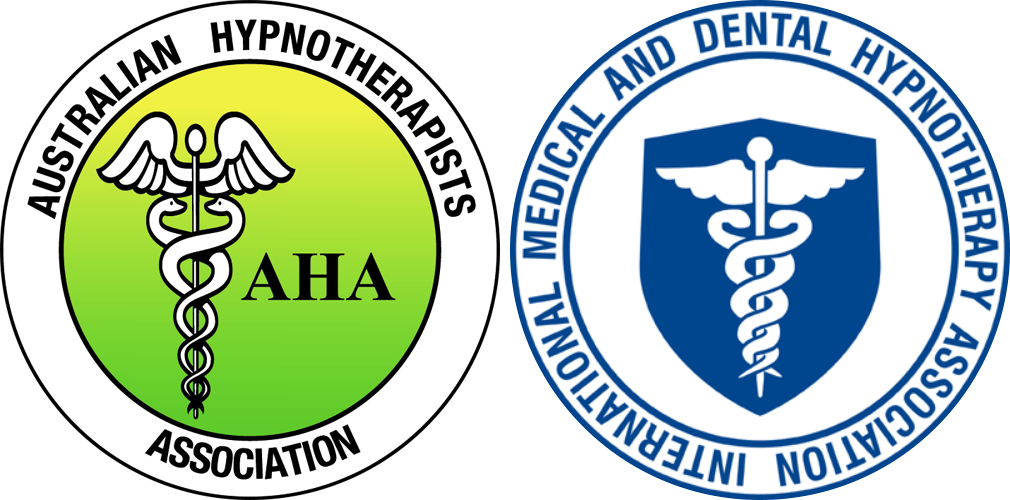Depression in Covid
Depression in Covid
Depression is the most COMMON MOOD DISORDER in Australia. This statement is just as relevant to both periods before and during Covid. It is the leading cause of ill health and disability worldwide, during the pandemic it has grown alarmingly, Word Health Organization (WHO).
What is Depression
Whilst we all experience periods a low mood, sadness, feeling low in energy, however when these moods last more than 2 weeks and don’t go away then results in DEPRESSION. It interferes with the way we go about our everyday lives and can make it hard to cope. It is a serious mental health issue where sadness, flat or low mood, or a sense of ‘emptiness’ is prolonged – lasting weeks, months and sometimes years. Some people describe it as being in a really dark place that’s difficult to come back from. Others describe it as feeling numb.
Causes of Depression
There are the normal contributing factors may lead to clinical depression including:-genetics (family history), biochemical factors (brain chemistry), physical illness, personality style, ageing, long-term pressures such as abusive relationships, bullying and work stress and stressful or traumatic events. We also know that depression can occur during pregnancy and the postnatal period. In summary depression is caused by MANY contributing factors that vary in degrees across individuals. But with Covid contributing many unknows (fatality rate, causes, vaccination, spread) depression have grown dramatically in our communities.
Symptoms of Depression
Symptoms of Depression affects our thinking by making it difficult to: maintain focus, process information, make even simple decisions, it may affect many of our behaviours, examples being:- changes in sleep patterns, changes in appetite, changes in relationships with family and friends, changes in concentration at school or workplace, changes in usual activities and increase in use of alcohol and drugs.
Managing Depression
People who are knowledgeable about depression recover better and faster than those who are not knowledgeable.
There are LOTS of approaches that work in treating depression. In fact, depression has a very high rate of response to placebo-based interventions. It also has a high rate of response to a wide variety of interventions, including interventions that probably shouldn’t work at all (such as the use of amphetamines, eating dark chocolate, and whole-body cryotherapy). The challenge is discriminating what’s central and what’s tangential in a given individual’s onset and course of depression. I choose to emphasis the social aspects of depression, a terribly underrepresented aspect of depression, especially given its degree of impact and the overwhelming evidence that depression is about much more than “bad chemistry”. Therapy is itself a social process; you’re in a relationship with your client and the dynamics of social influence are inevitable factors in treatment outcomes. Every client is different, there is not ONE fix for all.
With Covid we have seen real uptake of ‘fake information’.
“The whole problem with the world is that fools and fanatics are always so certain of themselves, and wiser people so full of doubts.” Bertrand Russell, Nobel laureate, philosopher, mathematician, social critic.
Ericksonian Hypnosis helps people develop positive expectations, enables them to utilize their experiences to positive future possibilities. When combined with cognitive behaviour therapy (CBT) results in clients becoming aware of their own resourcefulness in management of their depression.
Ready to Make a Change?
If you have any questions or queries about our Lake Macquarie practice and psychologists we encourage you to call 0417 949 060 or enquire from our online form. If you are ready to get started, you can head to our online booking page, we look forward to working with you.

Change starts with you making the decision that you’re ready to change. Get in touch ... the sooner you do, the sooner you can feel reassured that you have already taken the first step to taking control of those issues you want to change.

Contact
156 Bay Road, Bolton Point,
Lake Macquarie, NSW, 2283
Monday - Friday
10am - 5pm
Saturday
9am - 12pm
